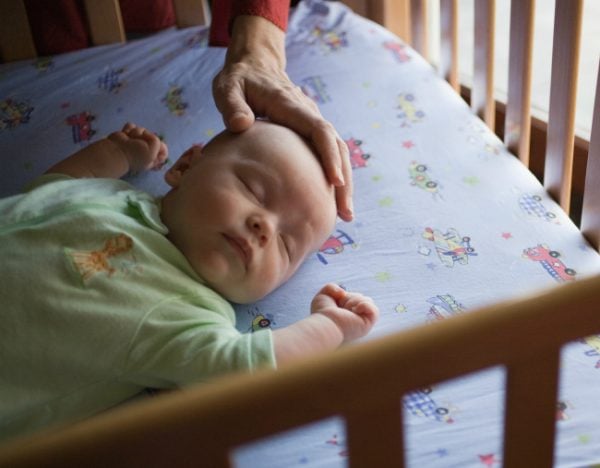Bringing home a new baby is imbued with excitement, but it can be fraught with fear, worry and sadness, too. And while sensitivity towards, and awareness of postpartum depression has increased in recent years, a lesser known condition, Postpartum Obsessive Compulsive Disorder, or Postpartum OCD, may increasingly on the rise.
Postpartum Depression effects to to 20 per cent of new mothers, and Postpartum Anxiety isn’t far behind, with some estimates showing 17 percent of mothers experience it. Studies also show that Postpartum Anxiety may be as common, if not more common, than Postpartum Depression.
One study revealed that as many as 57 percent of new mothers who suffer from Postpartum Depression also had symptoms of Postpartum OCD, making the condition vastly more widespread among new mums than realised. So why don’t we talk about it?
The DSM-5 Diagnostic Criteria for Obsessive-Compulsive Disorder can include a range of distressing symptoms, including presence of obsessions and compulsions, repetitive behaviours, and recurrent, persistent and intrusive thoughts.
For new mothers experiencing Postpartum OCD, these symptoms will usually centre around the health and safety of their child. Some mothers become overcome with obsessive worries about their child dying, becoming sick or being injured. Some become acutely germ-phobic.
Others have intrusive thoughts and fears that they may accidentally harm their baby: dropping, smothering or leaving the baby in a hot car. Some even have horrifying dark thoughts of hurting their babies, killing or abusing them – thoughts they would never act upon but cannot stop themselves from thinking.
For Rebecca, 30, the obsession with her baby’s safety started the day her son was born. For eight months she’d had a dream pregnancy – no morning sickness, no complications, no pain, and she “barely felt pregnant”. But when her baby remained in breech position and she had to have an emergency C-section, something inside her changed.





























































































